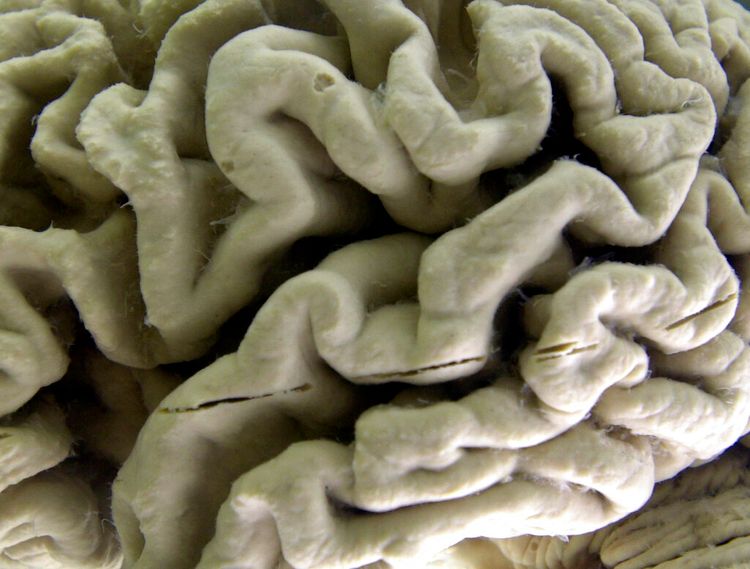Who Wants To Live Forever? Technology May Make It Possible – But … – i24NEWS

‘Many things sound like science fiction until they happen. Aging is reversible. You can take an old cell or an old animal and rejuvenate them’
Humans will be able to live forever by 2045 – at least according to Jose Cordeiro.
Cordeiro is a keynote speaker on immortality at Tel Aviv’s upcoming DLD Innovation Festival. He’s one of a growing movement of futurists and transhumanists that believe current and near-future technology will allow man to transcend the human condition itself.
“Many things sound like science fiction until they happen. Aging is reversible. You can take an old cell or an old animal and rejuvenate them,” Cordeiro notes, citing lab research that has doubled the natural lifespans of mice by subjecting them to reverse aging experiments.
Hundreds of current theories try to explain why living things age – and, more importantly, what causes the cellular damage that makes up the process itself. But modern research on many of those theories has significantly slowed down cellular damage in lab conditions.
But more significant is the proven existence of biological “immortality.”
“There are immortal cells, and there are small immortal organisms, and scientists are discovering how these immortal organisms stay alive and stay young and healthy,” Cordeira says.
He is referring to HeLa cells, a human cell line derived from cervical cancer in 1951 that has been replicating since, with no damage or degradation that all other cells show. Biological immortality has also been observed in nature, for example, a single species of jellyfish that continually reverts to earlier life stages before growing again.

“When people see it is possible, that it is working with animals, we will try it with humans,” Cordeira remarked. But it’s not easy because while modern medicine has been able to regenerate most human cells and organs, the brain is not one of them.
“The major difference between our brain and other tissues in our body, muscle cells, for instance, is that if you get hurt, you can replace muscle. You can rebuild it over time. Blood cells are replaced on a daily basis. But the brain cells we have, that’s what we are born with, and that’s what we have for the rest of our lives,” says Hermona Soreq, Professor Emeritus at Hebrew University’s brain sciences center, who studies degenerative brain diseases.
If brain cells are incapable of regeneration and finite, then nothing can preserve humans from the inevitability of entropy.
But one of her colleagues at the university, Naomi Habib, notes that it is not necessarily inevitable. Habib’s work focuses on aging Alzheimer’s disease, where many clinicians and researchers believe that the degenerative condition is simply an advanced form of aging—and operates on the same principles.

“There are people that have pathologies in their brains but no clinical symptoms. These types of resilient individuals are key to finding the cure,” Habib says. “We are studying them and figuring out what creates this resilience. Then we can harness that mechanism and spread it throughout the whole population, so we are all resilient.”
Slowed degeneration isn’t immortality, but that research could combine with other anti-aging breakthroughs and significantly increase the human lifespan.
“We can actually keep the cells in the brain younger,” Cordeiro remarks. “That is the objective: they can stay healthy and live indefinitely, like all other parts of the body.”
Indefinitely is a long time and a very tall order. But if the natural world shows that cellular immortality is possible, then researching how to attain it is at least worth investing in.






